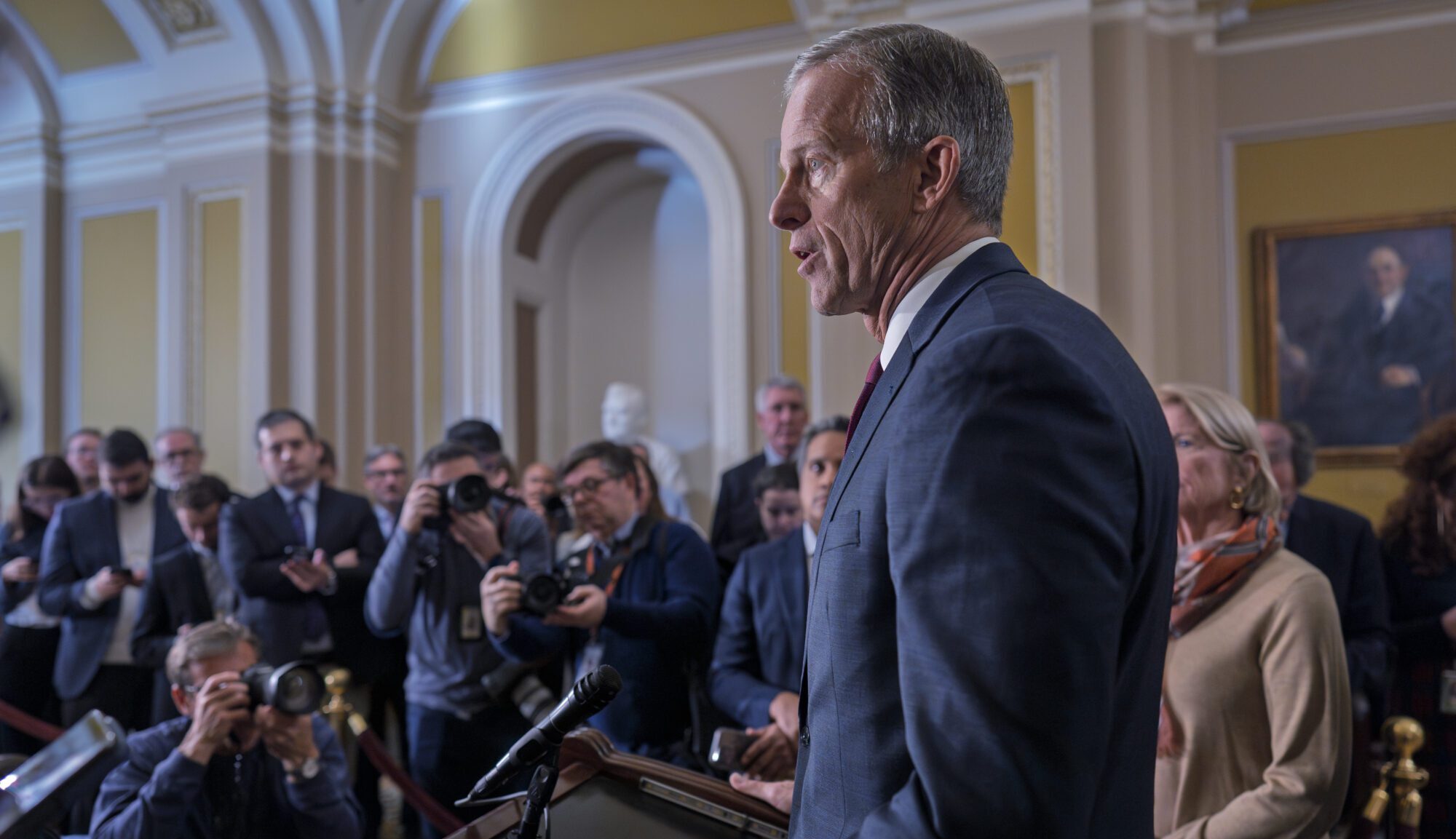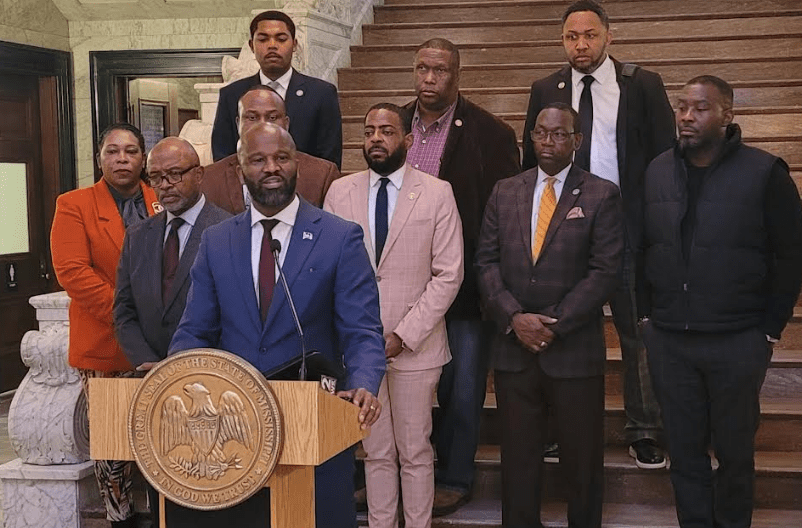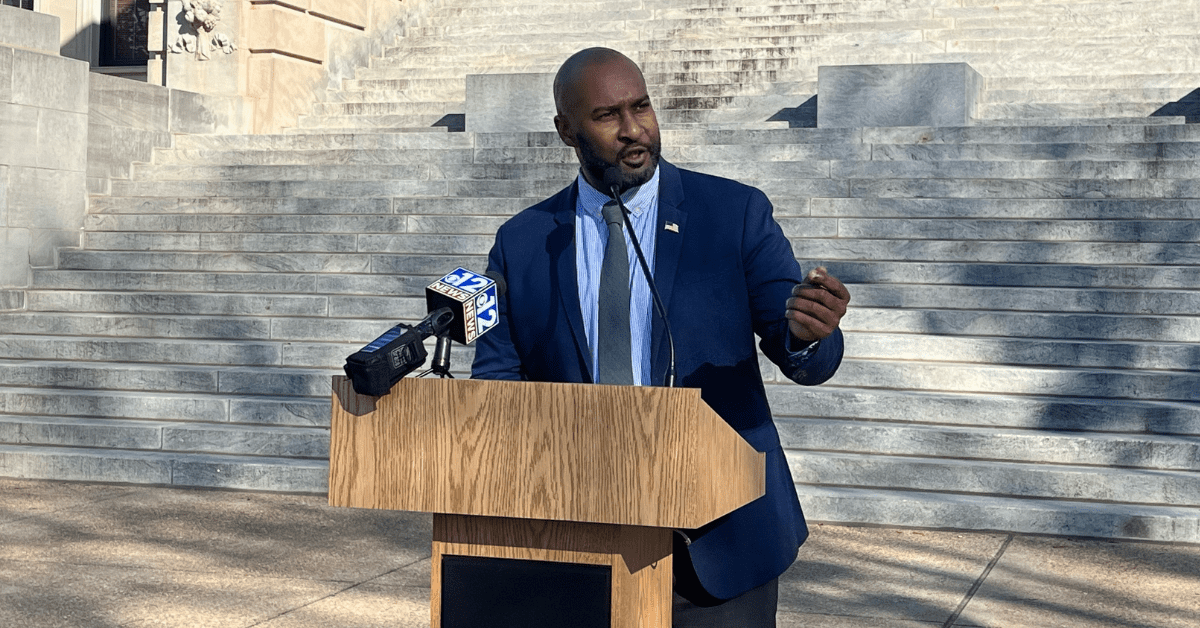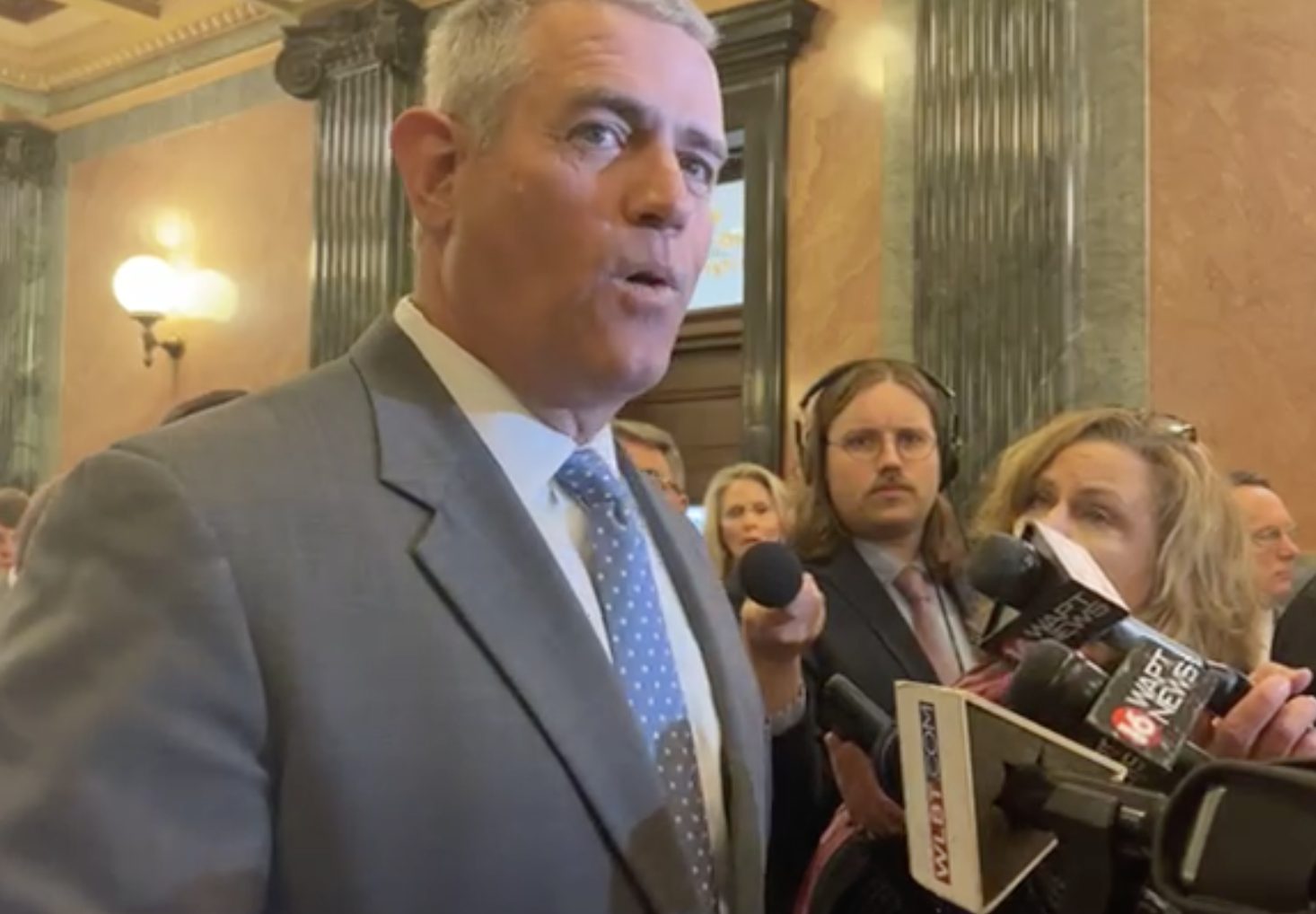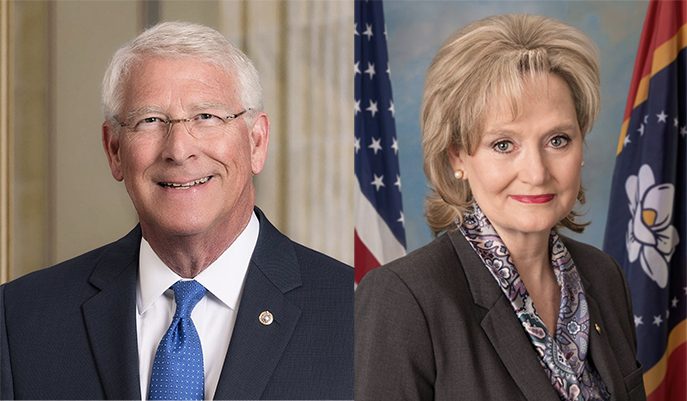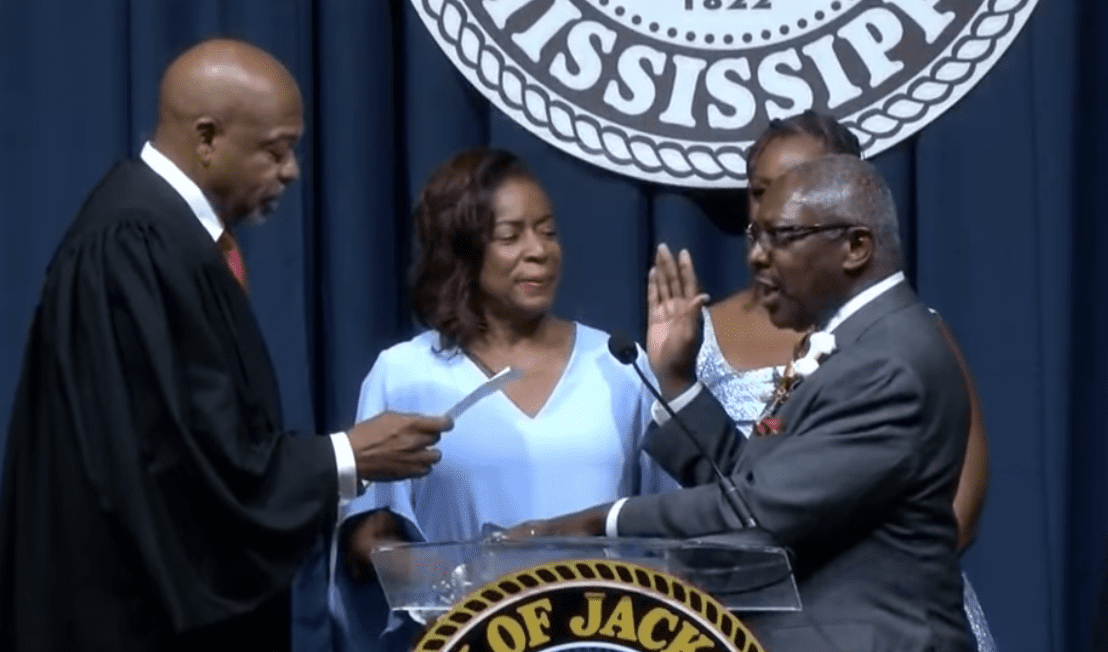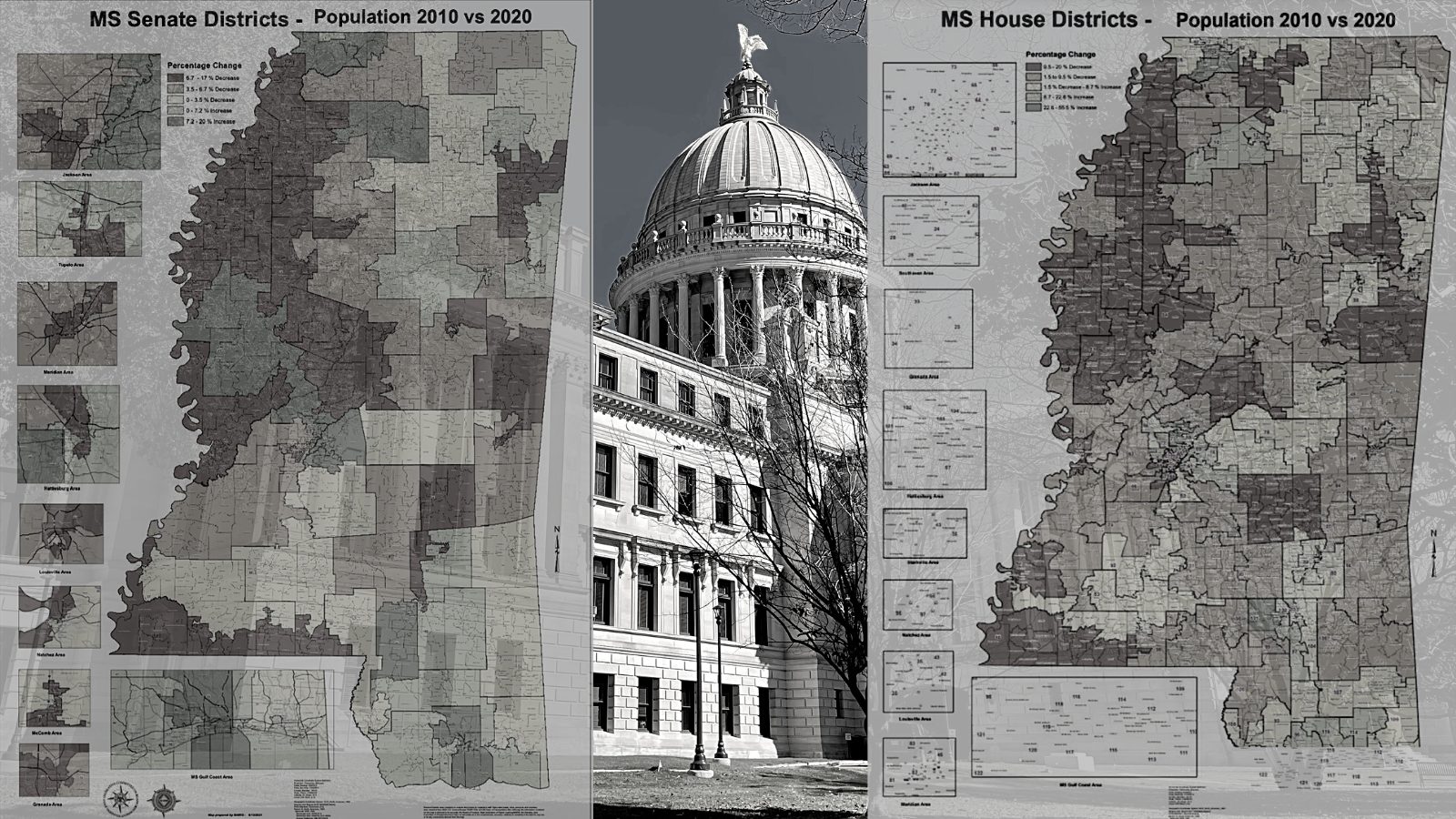
The bills to redistrict legislative seats are expected to be debated during the last week of the 2022 session.
The 2022 Mississippi Legislative session is scheduled to end in less than two weeks – April 3rd to be exact – and legislative redistricting, once a major topic of debate following the decennial U.S. Census, is now not much more than an afterthought.
In fact, from what lawmakers told Y’all Politics on Wednesday, the topic will not even be brought up until next week, leaving just days for it to be passed out of committee and moved to the floor for consideration.
“I confirmed with Chairman [Dean] Kirby,” state Senator Brice Wiggins said. “The plan, which is subject to change, is to bring it up the 28th or 29th. Presently, the lawyers and data experts are reviewing it to ensure compliance with all relevant laws and rules.”
Wiggins is a member of the Senate’s Legislative Reapportionment Committee.
A similar story is coming from the House.
Legislative redistricting or reapportionment is the process by which lawmakers redraw legislative districts to account for population shifts that may have occurred over the past 10 years. Legislative districts must have populations that are roughly equivalent in population. Because there are always population shifts within a state between censuses, some changes in district boundaries are always necessary after a census is taken.
Mississippi currently has 122 state House Districts and 52 state Senate Districts.
According to the public data that has been shared by the Joint Legislative Committee on Reapportionment, it appears some changes will be necessary to account for those population shifts and to maintain black voting age population (BVAP) benchmarks.
Looking at the preliminary population data as shown in the JLCR’s legislative district comparison maps showing 2010 population versus 2020 population (shown below), it is easy to see that the trend of those moving out of the Delta region will have a significant impact of how legislative districts will be drawn this year, just as it did earlier in the session when considering Congressional Redistricting.
Due to the moving of some 65,000 residents out of the 2nd Congressional District, mainly away from the Delta region, the new Congressional Redistricting map, now signed into law by Governor Tate Reeves, resulted in the 2nd District running nearly the length of the state.
Republicans control a supermajority in both chambers of the Mississippi Legislature. That is likely to be reflected in the legislative redistricting maps. In fact, the GOP could be more competitive in a seat or two depending on how the lines are drawn.
Republicans currently hold 36 of the 52 seats in the Senate and 77 of the 122 seats in the House. There are three Independents in the House as well, two of which tend to vote with the majority more often than not.
It will also be interesting to see how the new maps are drawn and who in the Republican ranks, if any, are most impacted by the population shifts given rumors and power plays between members and leadership.
However, things will be different for the party who controlled this process for over 100 years. Democrats are essentially on the outside looking in for just the second time. They will have little to hang their hat on in the House and could lose the advantage in at least a couple of districts. Senate Democrats appear to be in better shape at the outset.
Of course, all of this is speculation until the maps are released publicly.
What is certain is that lawmakers have been meeting with the members of the Redistricting Committees in their own chamber to express their opinions and try to protect their territory as much as possible.
Here is how the data breaks down as it is known today:
State Senate
In the Mississippi Senate, the ideal district population is 56,948 using the 2020 Census data. Six districts are highlighted with the highest or lowest deviation, or population total that is more or less than, that ideal number. Those Senate districts are:

Highest Deviation:
Senate District 1: +13,226 or +23.22%
Senate District 49: +11,039 or +19.38%
Senate District 9: +9,903 or +17.39%
Lowest Deviation:
Senate District 11: -6,786 or -11.92%
Senate District 28: -9,144 or -16.06%
Senate District 12: -10,244 or -17.99%
There are currently 14 Senate Districts where the BVAP is 50% or more of the total district population. That is 27% of the total districts.
State House
Over in the Mississippi House, the ideal district population is 24,273 using the same Census data. The highest and lowest deviations are in the following House districts:

Highest Deviation:
House District 73: +11,945 or +49.21%
House District 24: +8,057 or +33.19%
House District 28: +7,560 or +31.15%
Lowest Deviation:
House District 26: -4,548 or -18.74%
House District 69: -4,744 or -19.54%
House District 82: -5,296 or -21.82%
In the House, there are currently 42 Districts where the BVAP is 50% or more of the total district population. That is 34% of the total districts.
Members of the Redistricting Committees
| HOUSE | SENATE |
|---|---|
| Representative Jim Beckett (Chair) | Senator Dean Kirby (Vice-chair) |
| Representative Dan Eubanks | Senator Hob Bryan |
| Representative Edward Blackmon, Jr. | Senator Dennis DeBar, Jr. |
| Representative Bo Brown | Senator Josh Harkins |
| Representative Kevin Ford | Senator W. Briggs Hopson III |
| Representative Vince Mangold | Senator David Parker |
| Representative John Read | Senator Derrick T. Simmons |
| Representative Fred Shanks | Senator Jeff Tate |
| Representative Cheikh Taylor | Senator Angela Turner-Ford |
| Representative Jason White | Senator Brice Wiggins |
